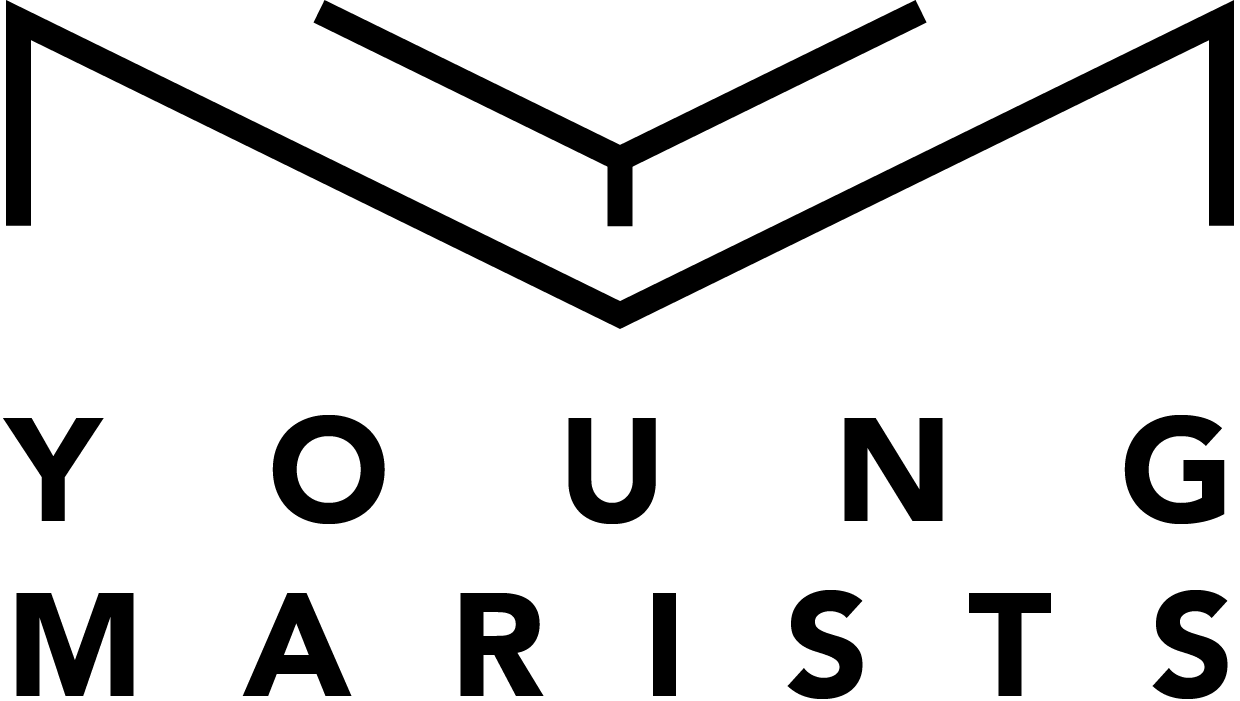I am, no doubt, one of the lucky ones
I am, no doubt, one of the lucky ones.
I grew up in a home with two parents - married and happy, two older brothers – whilst occasionally mean, always there for me, and a happy, caring, loving, wider family. I always had a roof over my head, somewhere warm to sleep, and food on the table. I had a great education, awesome friends, and an amazing partner. I had everything a young person could need, and more. I was happy, thriving.
That’s why when I hit my mental health rock bottom around this time last year, I thought I must be insane.
“Something must be wrong with me.”
“There’s literally no reason for me to feel this way.”
“Why don’t I feel the way I used to...”
I felt like I was drowning in my own mind – trying to stay afloat but being knocked back by every new wave of negative thought. I didn’t understand what was happening. Why it was happening. Why it was happening to me.
I drove myself deeper and deeper to a point where I couldn’t cope anymore.
I got so bad that my mum took me to see my doctor. I cried when he said he thought it was a good idea to put me on medication. He asked me why I was crying, and I replied, “I don’t know. I just didn’t expect, or want that to be the outcome. I didn’t want that to be what happened.” In my head, going on meds meant I must be crazy (I’d like to thank the media for this one).
In reality, it meant I had a head start in learning to cope and find my way forward.
I found a psychologist through my doctor, and began to see her pretty regularly. We talked about a lot of things – from childhood, to sports, to relationships. She listened to me speak openly about everything – no judgement – just listened.
Within our first session, she’d deduced that I have anxiety and a mild panic disorder. In our next sessions, she taught me about anxiety – what it is, and why it may occur.
The funny thing about anxiety, is that it doesn’t always have a why. It isn’t always rational.
But also, having anxiety doesn’t make me crazy. And having anxiety doesn’t make me weak.
My psychologist also taught me ways to cope - whether that be through managing my breathing, getting outside (mā te taiao kia whakapakari tōu oranga!), going through steps in my head to minimise a situation, or finding better balance in my life more generally.
However,
I think the most important thing she told me was,
“Don’t say things to yourself that you wouldn’t say to other people.”
At the age I am now, the sayings; “if you don’t have anything nice to say, don’t say it at all”, and “treat others the way you’d like to be treated”, are engrained. But it’s not often we allow ourselves the same courtesy. Sometimes others will say, “You’re being too hard on yourself” – but it’s rare that we say it to ourselves.
In my position, I felt like I had no right to feel the way I did. To this day, I still feel sort of awkward saying I have anxiety, like it’s some form of title I don’t deserve. But it’s the truth. And I’m not alone. Regardless of gender, race, socioeconomic background, family history, *whatever other identifiers you can think of*, it is the truth for so many young people around the world today.
It could be true for you reading this.
I still consider myself one of the lucky ones.
I was able to get help, talk to people, and find my way back onto my feet – all within a pretty short space of time. My first steps were made easier by a network of love, support, and understanding.
My anxiety isn’t going to be something that goes away. It will be a lifelong journey. It occasionally pops up, freaks me out, and I work my way back to the start again – but that’s okay too. What I feel is valid, no matter how irrational.
If anything, through my journey I’ve learned;
1) (Unintentionally quoting Jessie J) it’s okay not to be okay. It doesn’t make you weak. It doesn’t mean there’s something “wrong” with you. It makes you human.
2) There’s always someone willing to help you, talk to you, sit with you and listen.
3) I’ve learned to respect myself, be kind to myself, and not to bottle things up. Talking about how you feel, not only makes you feel a little bit better, but allows other people to do the same.
There is courage in being vulnerable.
